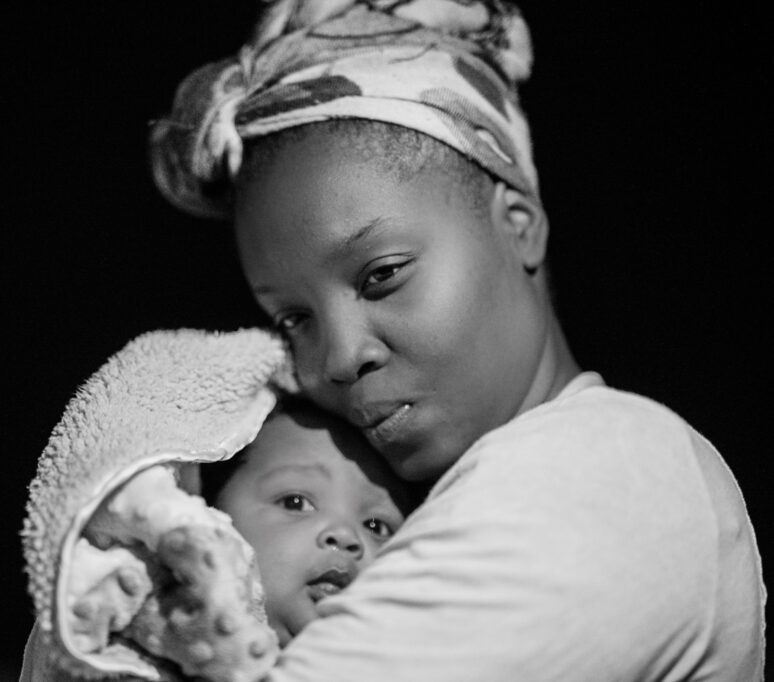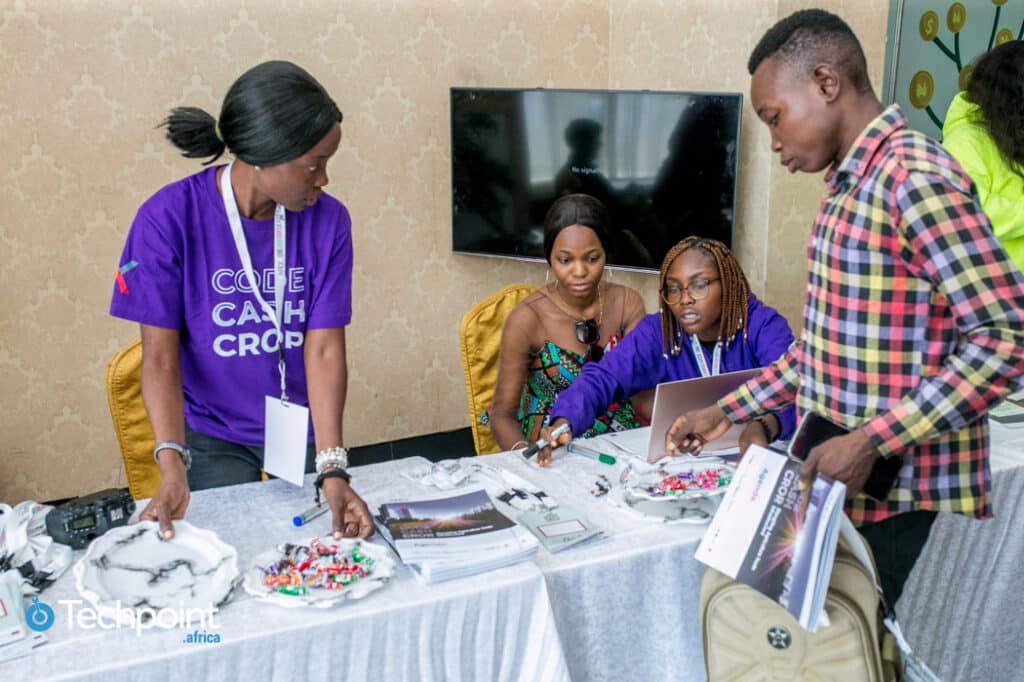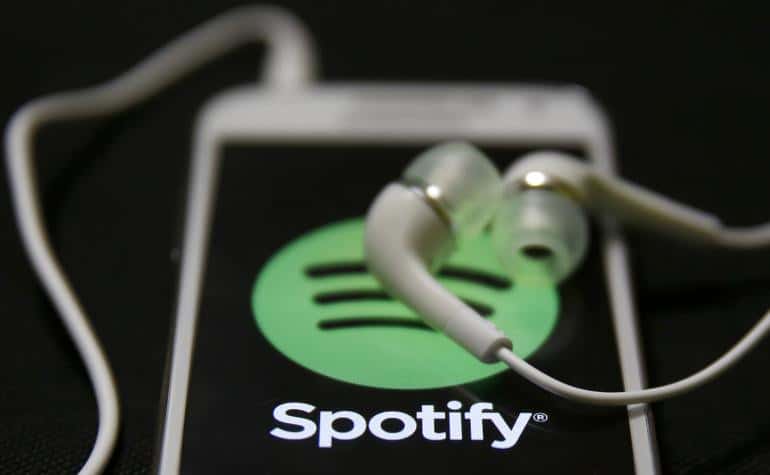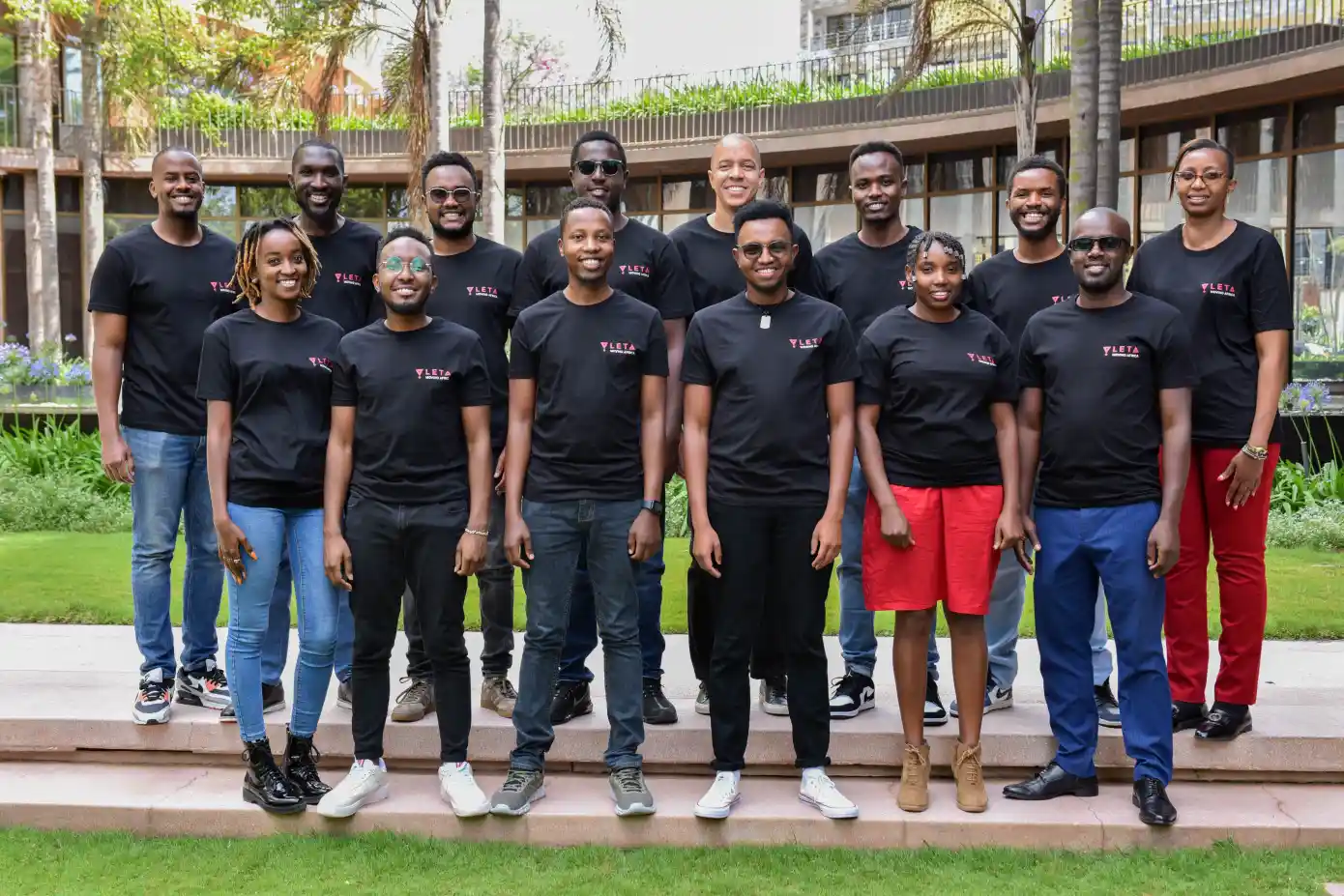Ekaaro,
OpenAI announced earlier this month that it was looking into monetising its AI chatbot, ChatGPT and that users could sign up for early access to “ChatGPT Professional.”
While some users claim to have been granted access to a $42 per month pro tier, OpenAI has not confirmed that this is an official test.
But what do you get for $42 per month? According to screenshots shared by early access users, you get faster response time, reliability (because ChatGPT is frequently unavailable), and “priority access to new features” (whatever they turn out to be).
Zahid Khawaja, an AI developer, shared a video of the pro tier working on both desktop and mobile — and a screenshot of his payment to OpenAI as proof.
Important: Intelligence by Techpoint, the data and research arm of Techpoint Africa, has released a mini-report about the biggest sporting event in the world. Titled “FIFA World Cup: from Uruguay 1930 to Qatar 2022,” it tells some of the most compelling stories in World Cup history. You can download it here.
Here’s what I’ve got for you today:
- How Babymigo is making motherhood easier
- Can a save-to-pay-later model forestall the pitfalls of BNPL
- AFEX enters Uganda
- Spotify lays off 6% of its workforce
How Babymigo is making motherhood easier

I can’t start describing how complicated I think pregnancy is. Don’t get me wrong, babies are adorable. However, they can be stressful, don’t you think?
But, I admire every mother and potential mum in Africa, particularly in the sub-Saharan region.
If you’re wondering why, per the World Health Organization (WHO), sub-Saharan Africa has the highest neonatal mortality rate in the world (27 deaths per 1,000 live births), accounting for 43% of global newborn deaths.
Also, WHO discloses that a Nigerian woman has a 1 in 22 lifetime risk of dying during pregnancy, childbirth, or postpartum/post-abortion, compared to 1 in 4,900 in developed countries.
This is because many pregnant women in Nigeria either can’t afford or do not receive adequate health care due to a lack of services in their community. Also, cultural factors, a lack of education, and poverty can influence their medical care choices.
Kemi Olawoye (CEO) and Adeloye Olanrewaju (Chief Product Marketer) founded Babymigo to reduce maternal and neonatal mortality by providing resources and information for pregnant women and mothers.
Mothers also discuss their challenges and ask questions on the community-led platform. Like your mum bathing your baby in palm oil because “it’s tradition.” 😏
The platform ensures that every piece of information is expert-led to dispel myths about babies and pregnant women.
Babymigo also provides tools to help women at various stages of their pregnancy and parenting journey.
Want to know more about the tools? Please read it here: Nigerian healthtech platform, Babymigo, is making motherhood easier and reducing maternal and neonatal mortality
Can a save-to-pay-later model forestall the pitfalls of BNPL?

For many Nigerians growing up in low or middle-income households, buying a product from merchants with a promise to pay later — usually at the end of the month when salaries are paid — is not entirely a foreign concept.
With income not rising as quickly as inflation, many Nigerians are forced to seek loans from family, friends, loan sharks, and, increasingly, predatory loan apps to meet some of their needs.
Startups have sprung up in the last six years, looking to capitalise on Nigeria’s commercial banks’ reluctance to issue loans.
While some have focused on providing personal loans, others have concentrated on providing customers with buy now, pay later services. Credpal, Zilla, Keza Africa, and Carbon are among these startups.
Although most of these startups only started operations less than a decade ago, their appeal has grown as economic conditions in Nigeria have worsened.
Many young Nigerians have turned to buy now, pay later (BNPL) startups for purchases ranging from smartphones to laptops.
Most BNPL startups offer users the option of paying 25% of the cost of an item upfront and spreading the rest of the payment over three instalments. As a result, customers can spend less money upfront and save money simultaneously.
This also means users can take out several BNPL loans simultaneously from different lenders.
But with rising inflation and lower income levels, could there be an alternative for such startups in Nigeria? Find out here: Can a save-to-pay-later model forestall the pitfalls of buy now, pay later in Nigeria?
AFEX enters Uganda

Nigerian commodities exchange, AFEX, is expanding into Uganda.
It comes after the company expanded to Kenya in June 2022.
AFEX began operations in Nigeria in 2014. Led by Ayodeji Balogun, the company trades maize, cocoa, soybeans, paddy rice, sorghum, and ginger.
The company says it uses its warehouse network to provide farmers with offtake agreements at market prices and same-day payment.
There is no limit on how much produce farmers can sell. It also uses their information to generate food commodity price indexes.
AFEX plans to replicate this model in Uganda also.
In its first year in Uganda, AFEX wants to reach 10,000 farmers and aggregate 15,000 metric tonnes of commodities. It also intends to offer aggregation, storage, and financial inclusion services.
According to the International Trade Administration, Uganda lacks the infrastructure to sustain food production, such as storage, credit, and market access.
Consequently, the company has opened warehouses in Bulambuli, Kapchorwa, and Lira in Uganda.
AFEX Uganda, led by Abdul-Hafeez Odusanya, Managing Director, will launch several solutions, including its technology platform, WorkBench, to help farmers participate in market opportunities and scale their operations.
Spotify lays off 6% of its workforce

Audio streaming platform, Spotify, is laying off 6% of its workforce, or approximately 600 employees.
Spotify had just over 9,800 full-time employees as of September 2022.
CEO, Daniel Ek said, “As you are well aware, over the last few months we’ve made a considerable effort to rein in costs, but it simply hasn’t been enough.”
Ek said the layoffs are part of an organisational restructure aimed at increasing efficiency, lowering costs, and speeding up decision-making.
Affected employees will receive severance pay, which will vary depending on the notice period requirements in their area and the length of their employment. Employees will typically receive five months’ severance pay.
Vacation accrued and unused will be paid out, and healthcare coverage will be maintained throughout the severance period. Spotify will also assist with immigration and career issues.
In October 2022, Spotify laid off 38 employees from its Gimlet Media and Parcast podcast studios.
In case you missed it
- Crypto adverts in South Africa must state that “investing in crypto assets may result in the loss of capital.” – Advertising Regulatory Board
What I’m reading and watching
- Twitter is now accepting Community Notes contributions from four more countries
- Ministry of Health confirms diphtheria disease outbreak in Kano, Nigeria
- A simple change of perspective can take you far
- Sexuality and Disability: Forging Identity in a World that Leaves You Out |
- What Women With Autism Want You to Know
Opportunities
- Applications for the Future Africa Challenge 2023 designed to explore the creative potentials of young Africans on the continent and in the diaspora. Apply here.
- If you’re a business professional, investor, or entrepreneur, apply for the VC4A mentorship programme here.
- If you are a software engineer, creative designer, product manager, design researcher, or a techie looking for an internship role, please, check out this website.
Have a lovely Tuesday.
Victoria Fakiya for Techpoint Africa.










